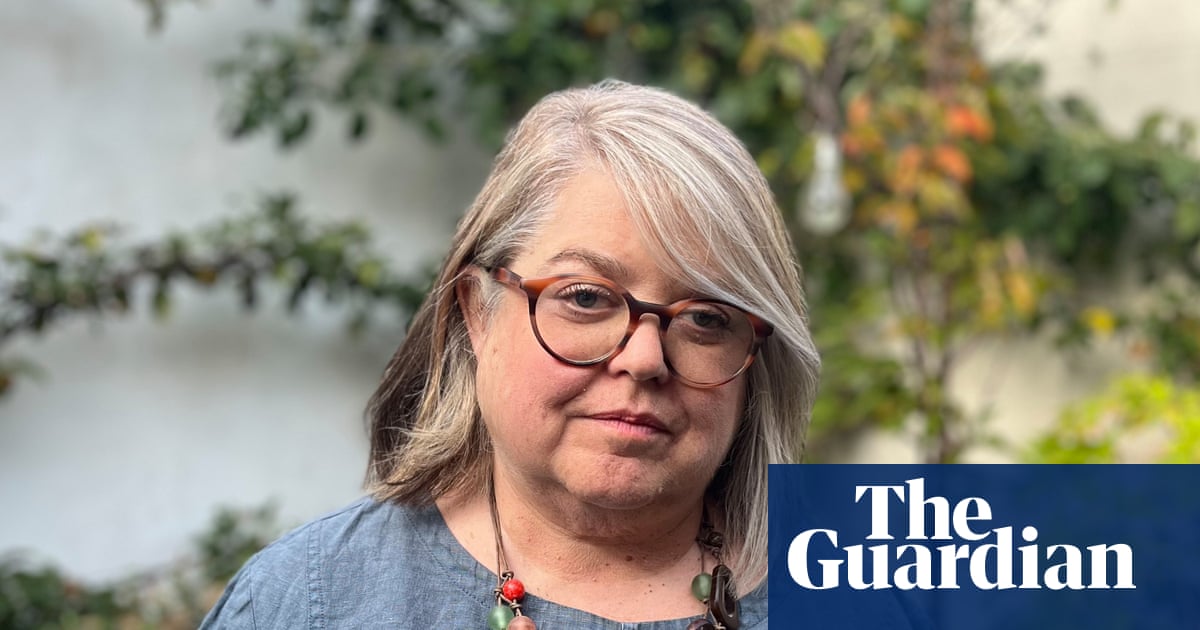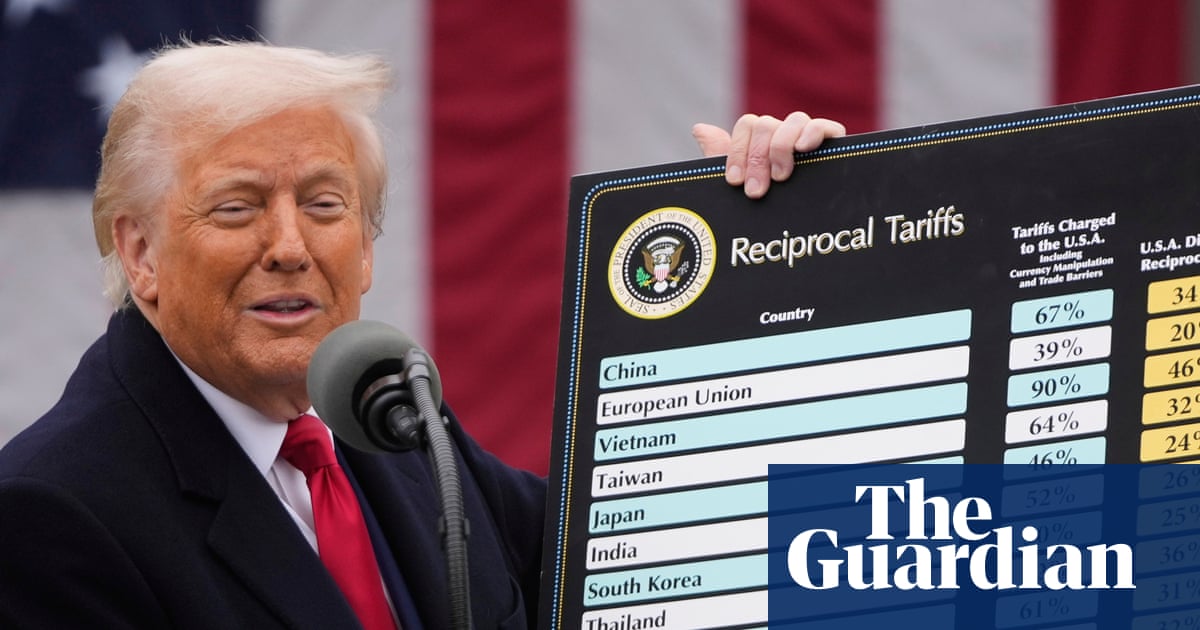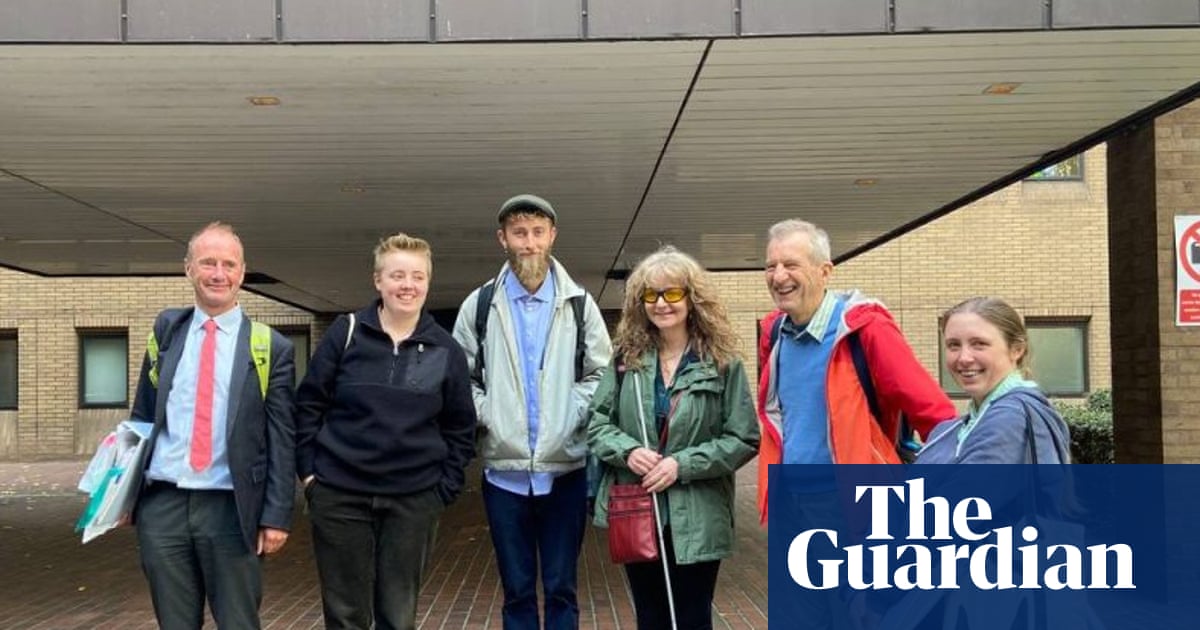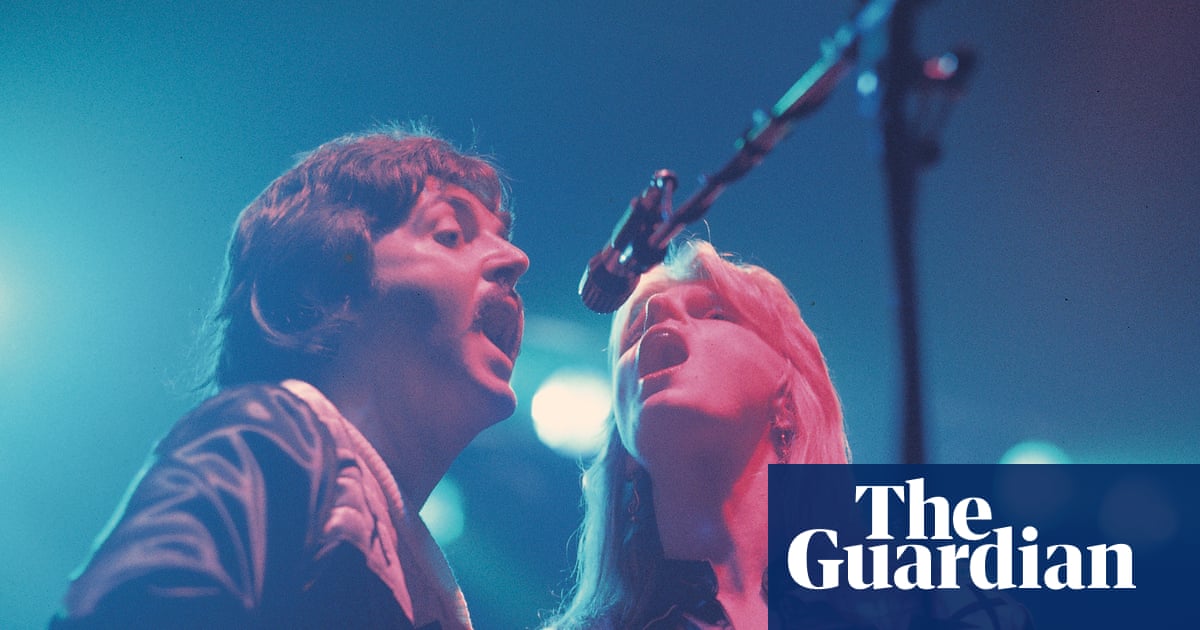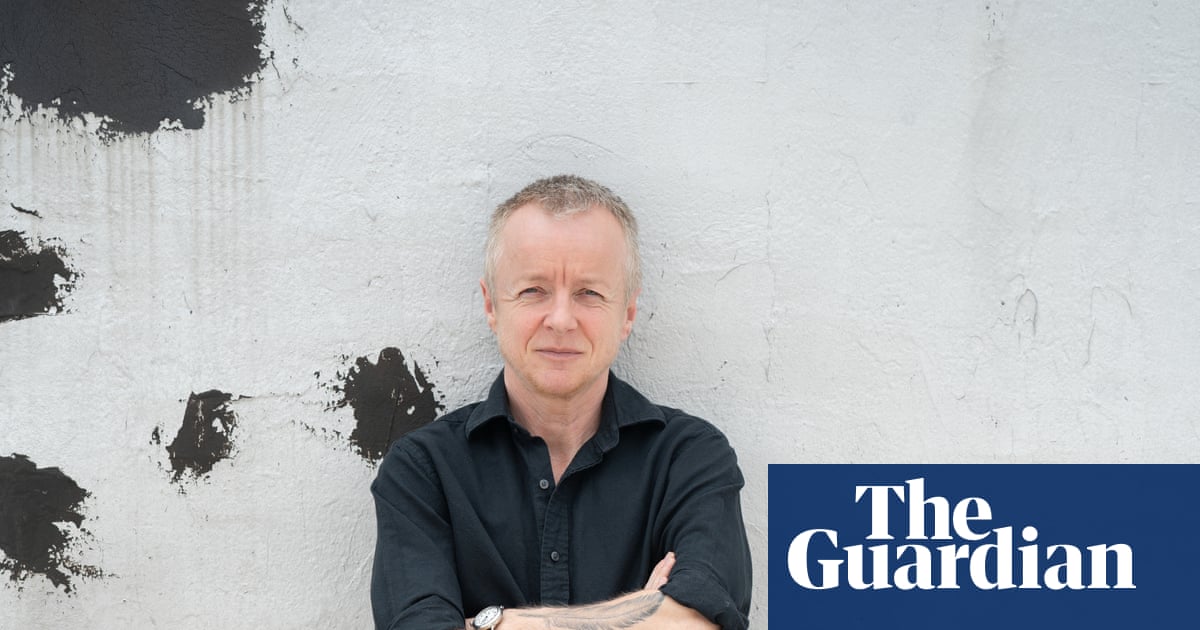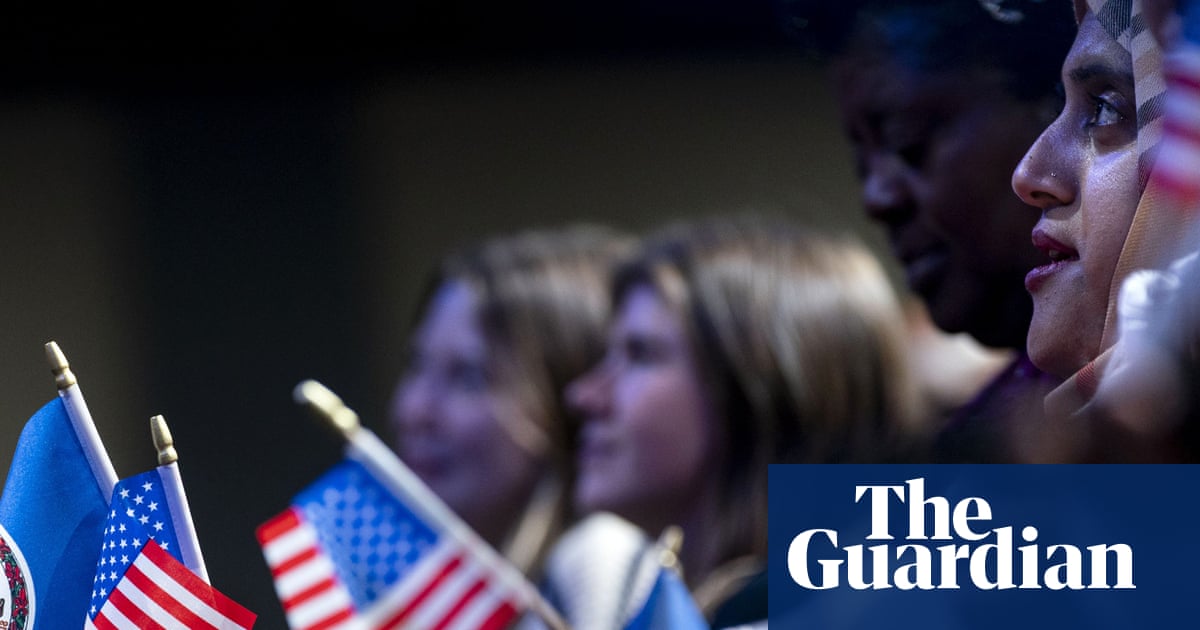A taxi driver struggles to keep working as his native language of Cantonese is sidelined for Mandarin. Petty gangsters do the work of the authorities amid a violent debate about a national security law. Supporters of Hong Kong independence are jailed.
In 2015, a scrappy group of Hong Kong film-makers imagined what their semi-autonomous city could look like under the increasing influence of the Chinese Communist party (CCP).
“Any resemblance to actual events or persons is entirely coincidental,” reads the first scene in the opening credits. But decade on, many of the predictions made in Ten Years have, in some form, come to pass.
The directors “saw the social environment of Hong Kong, especially after the Occupy movement in 2014”, says Ching Wong, the director of the Hong Kong film festival UK (HKFFUK), which is showing the film in London on Sunday, co-hosted by Amnesty International.
Wong, who wrote and stars in one of the film’s five short vignettes, says that the film-makers “wanted to reflect the zeitgeist of Hong Kong at that time”.
The Occupy protests in 2014 saw tens of thousands of protesters, many of them students, occupy the streets of central Hong Kong for weeks to demand fully democratic elections. Although the protests failed, they awakened a political consciousness in a generation of Hongkongers who would take to the streets again five years later, in even greater numbers, prompting an even bigger crackdown.
Made on a shoestring budget of HK$500,000 (£47,400), Ten Years was an instant hit when it was released in late 2015, packing out independent cinemas and community screenings, even after commercial theatres pulled the film, most likely because of its sensitivity. Despite being slammed by Chinese state media, it won the best film prize at the Hong Kong film awards. The film tapped into “the anxiety of what the city would become”, says Wong, now based in London.
This year is the third edition of HKFFUK, an annual arts and culture event showing 52 titles at venues across the country. It is part of the wave of people and culture that have arrived in the UK from Hong Kong in the past five years, driven largely by the crackdown on freedoms in Hong Kong. In particular, the years since the 2019-2020 pro-democracy protests, in which around two million people took to the streets in the biggest challenge to CCP rule in modern history, have seen a harsh response from Beijing, which has fuelled a wave of emigration of hundreds of thousands of people.
The aim of the festival is to help Hongkongers and other migrant communities communicate with each other, a dialogue that has “formed the fabric of UK society”, says Wong. The festival’s organisers are keen to stress the event’s celebration of Asian diasporas in the UK, as well as its showcase of east and south-east Asian culture.
But with Hong Kong, it is hard to escape the politics. The screening of Ten Years in London, as well as being a celebration of the energetic new diaspora that has arrived in the UK, reflects the fact that the film could not be shown in the city that birthed it.
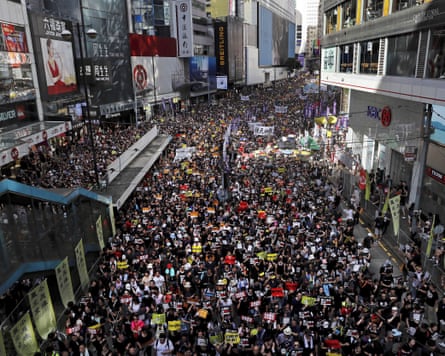
In the decade since the film was first released, Hong Kong has been remoulded by the CCP, which crushed the 2019-20 pro-democracy protests with a force that shocked the world. In 2020, Beijing imposed a national security law on the territory, an event that is imagined in Extras, the opening short film in Ten Years. Last year, Hong Kong’s own legislature – now devoid of any meaningful opposition since pro-democracy legislators have been jailed, dismissed or have resigned – passed another national security law, known as Article 23, bolstering the authorities’ ability to quash dissent.
The criminalisation of anything that could be interpreted as being seditious, subversive or otherwise falling under the vaguely worded provisions of the national security laws has chilled Hong Kong’s once vibrant arts sector. Independent bookshops have closed or been hit with burdensome tax investigations. Cultural events have been cancelled. The government has specifically taken aim at “soft resistance”, a seeming reference to arts and educational activities that are critical of the authorities.
At least one of the directors of Ten Years has left Hong Kong for the UK, while several others prefer not to disclose their locations because of security concerns.
But even in the UK, challenges remain. Wong says that, from today’s vantage point, one of the most relevant themes from Ten Years is the loss of language. As Beijing seeks to increase its footprint in Hong Kong, the authorities have promoted the use of Mandarin, the dialect spoken in the mainland, over Cantonese, which is spoken by most local Hongkongers. That is a future explored in a section called Dialect, which follows the life of a Cantonese-speaking taxi driver who feels increasingly lost in a world that demands him to speak and understand Mandarin.
Although many Hongkongers have found greater freedom in the UK, the struggle to preserve their mother tongue continues. “Either staying in Hong Kong or staying in the UK, they face the marginalisation of their culture,” Wong says. “That really hits me personally”.

 1 month ago
56
1 month ago
56


